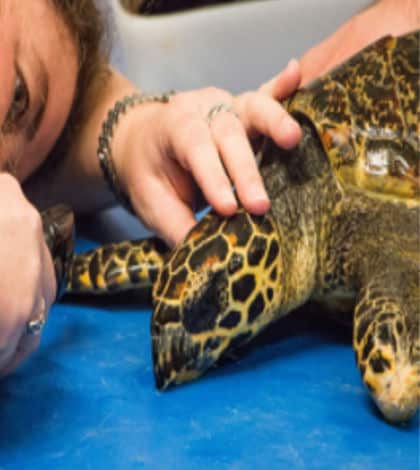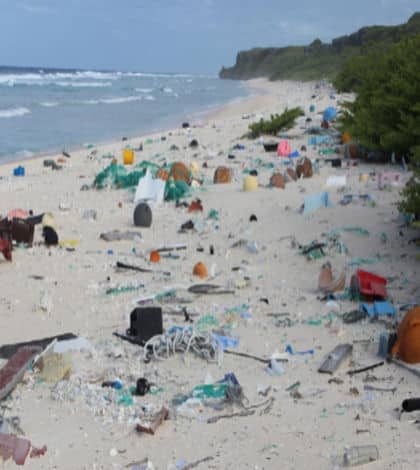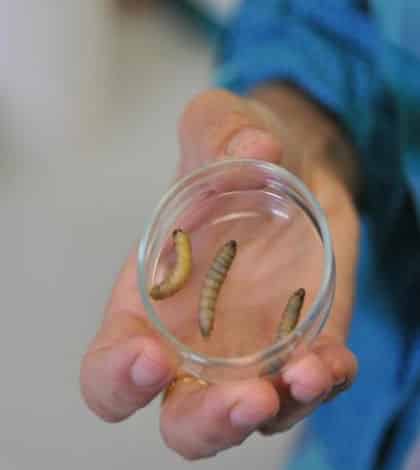Turtle washes up on 90 mile beac
May 23, 2017

A critically endangered hawksbill turtle is being nursed back to health after being found washed up on Northland’s 90 Mile Beach earlier this month.
It was exhausted, dehydrated, not eating and missing a flipper. While the cause of the amputated flipper was not known, it appeared to be an older wound that had healed well.
Auckland Zoo provided initial urgent medical attention before the turtle was taken to the Kelly Tarlton’s Sea Life rehabilitation centre.
Auckland Zoo resident vet Lydia Uddstrom said the turtle had eaten at least one piece of plastic, and it was unclear how much more it might have inside it.
Plastic was an ongoing concern for marine animals, she said.
“We’re getting more and more plastic out there and we’re going to be getting more and more effects from it, and from animals that shouldn’t be eating it, eating it.”
The turtle was showing encouraging signs of improvement after its check-up today.
Once the turtle’s strength had improved, it would be moved to a larger oceanarium to exercise and go about its natural behaviour with the goal of releasing it back into the wild.
Yesterday was World Turtle Day, which aims to increase attention and public support for their survival.
Who: Hawksbill Turtle, Auckland Zoo resident vet Lydia Uddstrom, Kelly Tarlton’s Sea Life rehabilitation centre.
Where: Northland’s 90 Mile Beach
When: Earlier this month
Why: It was found washed up on the shore.
What happened: A critically endangered hawksbill turtle is being nursed back to health after being found washed up on Northland’s 90 Mile Beach earlier this month. It was exhausted, dehydrated, not eating and missing a flipper. The turtle had eaten at least one piece of plastic, and it was unclear how much more it might have inside it.
My opinion:
I think it will eat more plastic- Micah.
I think it is sad that people throw plastic into the sea- Makayla
I think a fisherman cut off its flipper- Drew
I think it's good that they are making him healthier and stronger- Charlotte
I think it's good that they are making him healthier and stronger- Charlotte
I wonder how old it is? Caleb
I wonder if it will go back to the wild? Drew


